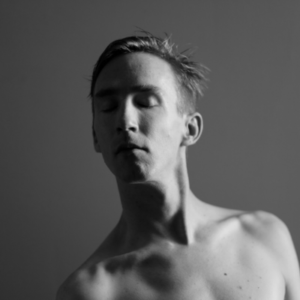 This entry is the first in a series that will follow a composer’s recording process and what it means to be transgender. Siobhán (neé Karl) Cronin (b. 1980, USA/UK) is a cellist, composer, movement artist and arts producer.
This entry is the first in a series that will follow a composer’s recording process and what it means to be transgender. Siobhán (neé Karl) Cronin (b. 1980, USA/UK) is a cellist, composer, movement artist and arts producer.
I am a cellist-composer. I am also transgender.
Where I grew up in the Central Plains, being transgender was cause for persecution, and often carried fatal consequences. Instead of speaking my truth, I retreated inwards and built an imaginary environment where who I was made perfect sense. This inner world kept me safe, but was exhausting to maintain. Those who live lives between radically different social identities can attest to how taxing it can be to move between worlds.
In 2010, I began writing music from my inner world in the hopes of building a more integrated public self. The music emerged as works for solo cello and string quartet. I began performing them around the Bay Area, and with each performance I could feel my shoulders relaxing a little more. I have always been drawn to solo concertos; how the solo voice pushes and pulls and discovers its independence in relationship to the collective voice of the ensemble. The concerto is a metaphor for life. The concerto is a metaphor for self discovery. With my writing, I am finding a musical outlet to explore the struggles and triumphs of my own emerging voice.
Each one of us encounters hurdles on the path of creative expression. There are days when we are smothered by self-doubt. There are other days when all the notes sound like gobbledy-goop. There are further days when we hem in our voices out of fear of what lies beyond our comfort zones. I’m interested in how we as artists support each other through these times, and move fearlessly into our authentic voices. That is what I would like to explore in the coming weeks with this blog series.
I am working on my first full album, and while the hermit in me finds it scary to share creative process, I’d like to share what I’m learning with this album as I go. I think some of the personal hurdles might strike a chord with others in the community, and perhaps, together, we will find a greater sense of belonging through our shared neuroses and reveries.
To kick things off, here is clip from a workshop reading of one of the new works, O Pacifica: